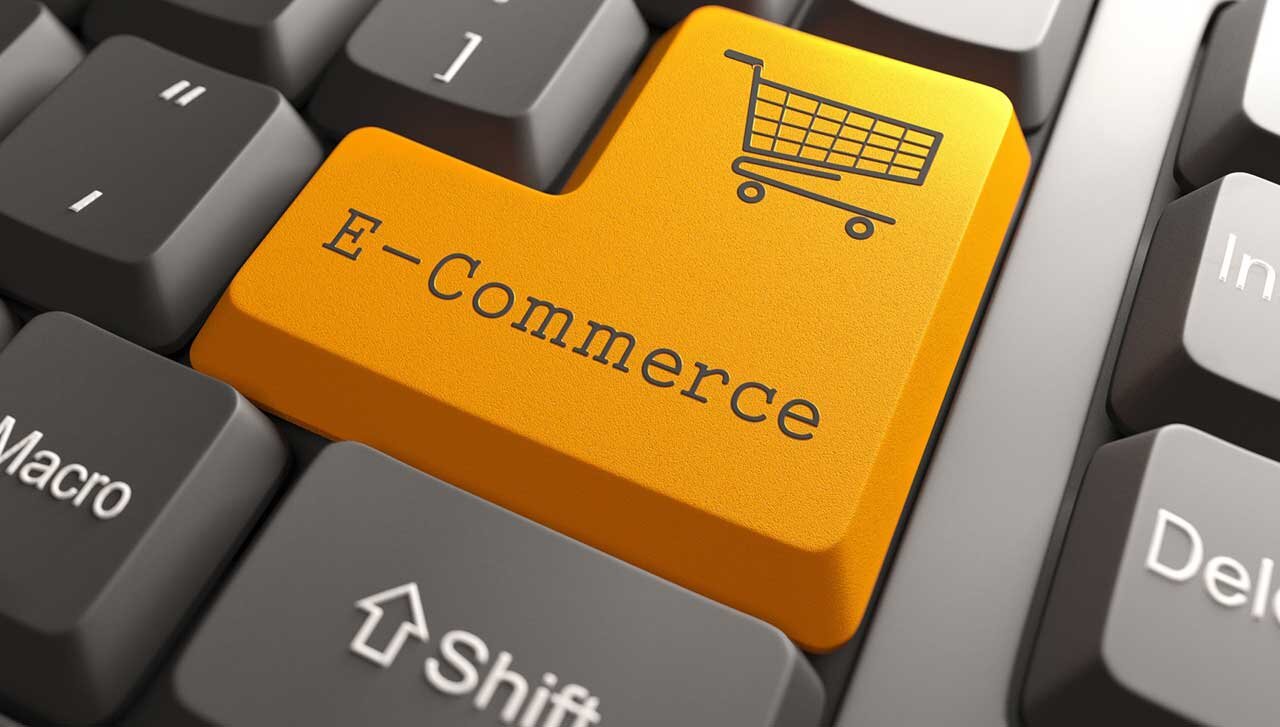For Distribution is changing dramatically in China. Consumers in mainland China and Hong Kong have increasingly adapted to online shopping and foreign brands see every day how important is to use the social and digital channels to access this huge market.
Emarketer confirms that online will account for 52.1% of all retail sales in China this year, rising to 55.6% in 2022.
Generally speaking, if you are a foreign brand looking to sell products online in China you have a wide variety of options so you should check your priorities and do your homework before deciding how to enter the market.
Here we enumerate some of the key variables you should take into account when deciding your online entry model in China:
China is different, and the ecommerce market is even another story for any foreign brand accessing the market. Be sure to evaluate your market, your consumers and your product potential before going into the next step and start investing in the market.
- Do you have a company in China?
If you have already a legal entity in China, you can decide to go for the traditional model, selling e-commerce inside China, and ask for an ICP License, a number given by the government that authorize you to promote, distribute and sell online the product inside China.
If you don’t have a legal entity in China, and you still want to test the market, China allows you to sell through cross border e-commerce (from your company abroad, where Hong Kong can be a very good option).
- Select your digital channels
Get knowledge of all the possibilities the market can offer you. Main players offer both traditional and cross-border e commerce.
You can sell consumer goods directly to Chinese consumers through the big multisector marketplaces (like JD and Tmall among others) if you are financially ready for a big investment or look for other channels like social media platforms like WeChat.
- Due Diligence of your business partner
Like in the offline business, conduct your due diligence in selecting your Chinese business partners and other service providers, especially if you intent to rely on third parties to sell your products in China
Evaluate your logistics and how you are going to reach your customer. There are a variety of options from sending the product from your country of origin, deposit it in a free trade zone or bonded (FTZ) in China or Hong Kong or import the product in the Chinese market. A hybrid model can also be an option according to your business.
Successful brands with a wide experience in the market are taking advantage of the pros of each model adopting a hybrid model, that combines Online and Offline strategies with different operating business model. Their final goal is to integrate the overall consumer experience.
The case of Hong Kong – Cross border e-commerce
Hong Kong can be a very good option for those ones considering selling through cross border e-commerce in China. It allows you to test the market. You can allocate some budget to execute some actions, revise them if needed, track the results and start having recurring sales before deciding to set up in Mainland China.
Here are the main advantages that can make your market entry more efficient, fast and cheaper when selling cross border through Hong Kong:
1/Customized and efficient logistics offer
Take advantage of Hong Kong wide variety of logistics service providers that can offer customized and very specific service solutions from warehousing, pick and pack, invoicing, etc
Strategically located, the product can be stored in Hong Kong and once products are sold, can pay customs and taxes for delivery in 2-3 days.
2/ Easier cross border payments
Make cross border payments much easier in Hong Kong.
Hong Kong is a global international financial centre and a global offshore RMB business hub.
Furthermore, the Digital Currency Institute of the People’s Bank of China and the Hong Kong Monetary Authority are quickly moving forward with their joint testing of the use of the digital yuan for cross-border payments.
3/ Benefit from cross border regulations & tax exemptions
Under the New CBE Regulations specific products can be imported into China without product registration and exempted customs duties and reduced import VAT at reduced import tax and rates up to a value limit.
4/ Access to a low tax regime, strategically located in Asia and with a safe legal framework,
Finally, Hong Kong stills make your business easy to handle, offering a safe environment, a low tax regime and an international business hub to sell not only in China but in the Asia region.
If you are considering to sell online in Asia, let us know your business and your priorities and we will be ready to assist you!



















